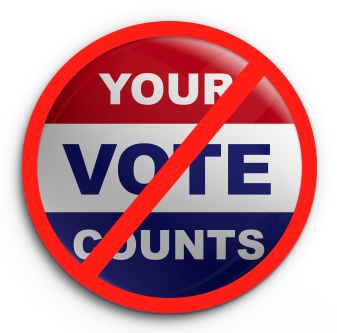 The means of voter suppression are varied, but the results are consistent: the disenfranchisement of people of color, the young, the poor, and the disabled. One of the most pernicious methods is Voter ID laws. The Brennan Center for Justice has shown that these laws would prevent 1 in 6 African-American voters, 1 in 4 Hispanic voters, and 1 in 10 of all eligible voters from voting. Despite the shouts of voter fraud, a report by News21 found since 2000 there have been only 10 alleged in-person voter fraud incidents. Think about that. For the sake of these 10 cases they are denying the democratic process from every 10th voter.
The means of voter suppression are varied, but the results are consistent: the disenfranchisement of people of color, the young, the poor, and the disabled. One of the most pernicious methods is Voter ID laws. The Brennan Center for Justice has shown that these laws would prevent 1 in 6 African-American voters, 1 in 4 Hispanic voters, and 1 in 10 of all eligible voters from voting. Despite the shouts of voter fraud, a report by News21 found since 2000 there have been only 10 alleged in-person voter fraud incidents. Think about that. For the sake of these 10 cases they are denying the democratic process from every 10th voter.
Aside from the violation of basic democratic rights, voter suppression laws have a pernicious effect on organized labor. The battle for collective bargaining rights plays out primarily on the state and local level. By targeting people of color, they silence a segment of the population that tends to vote progressive pro-labor politicians into state and local legislatures. Voter ID laws have been passed in states such as Wisconsin, home of the infamous budget battle that saw Scott Walker revoke collective bargaining rights for public workers. In 2005, Indiana was one of the first states to pass a Voter ID law. Seven years later in 2012, the Indiana legislature passed an anti-union “Right-to-Work” law. Of course there were many factors involved in its passing, however the suppression of progressive voters due to the 2005 voter ID law must be acknowledged.
As stated above Voter ID laws are only one of the current methods of voter suppression. Others place obstacles in the paths of voters who are less mobile or work long hours with little to no scheduling flexibility. No doubt many other methods are being devised this very moment. But no matter what their form, the final result is the same for organized labor: an increasingly uphill battle where a large portion of progressive, pro-labor supporters cannot legally register their voice.
Several other dynamics affect the role of labor in the election. One is the effort to eliminate or reduce public employee pension benefits without negotiation, a battle that can pit better paid (and educated) public sector workers against private sector workers. The second is a constant effort to de-certify unions and to prevent employee contributions from being used for campaigns. Unions do contribute to federal and other races. Lack of progress on the Employee Free Choice Act, which would allow checked cards rather than more time-consuming elections to determine certification of a union, seems to have led many union members to sit out the 2010 congressional elections or at least not to volunteer.
Resources on Voter ID laws from the Brennan Center for Justice
Get involved with Interfaith Worker Justice
Read about other threats to democracy in the complete series, “Seven Sins Against Democracy”
 The Rev. Michael Livingston is Director of Public Policy at Interfaith Worker Justice. Previously he worked as the Director of the Poverty Initiative of the National Council of Churches and as the Executive Director of the International Council of Community Churches. The Rev. Livingston is a graduate of the University of California at Los Angeles and received his Master of Divinity and Master of Theology degrees from Princeton Theological Seminary.
The Rev. Michael Livingston is Director of Public Policy at Interfaith Worker Justice. Previously he worked as the Director of the Poverty Initiative of the National Council of Churches and as the Executive Director of the International Council of Community Churches. The Rev. Livingston is a graduate of the University of California at Los Angeles and received his Master of Divinity and Master of Theology degrees from Princeton Theological Seminary.

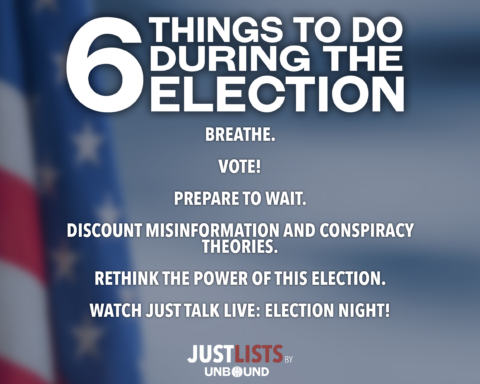
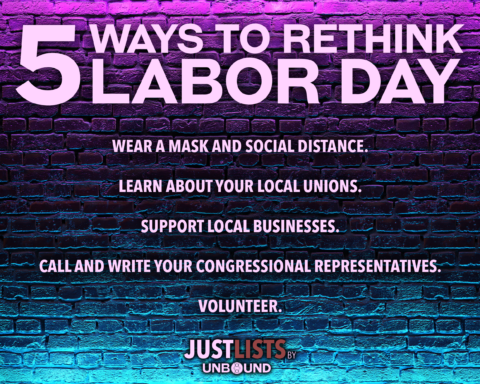
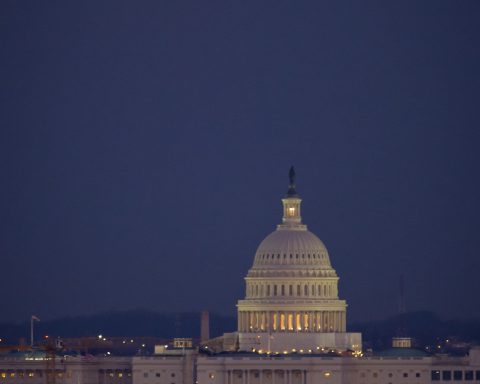
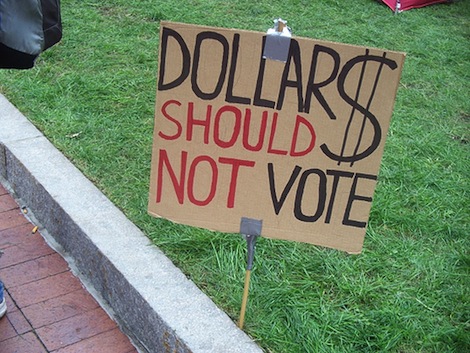
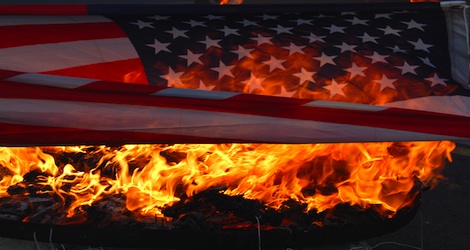
Unbound Social